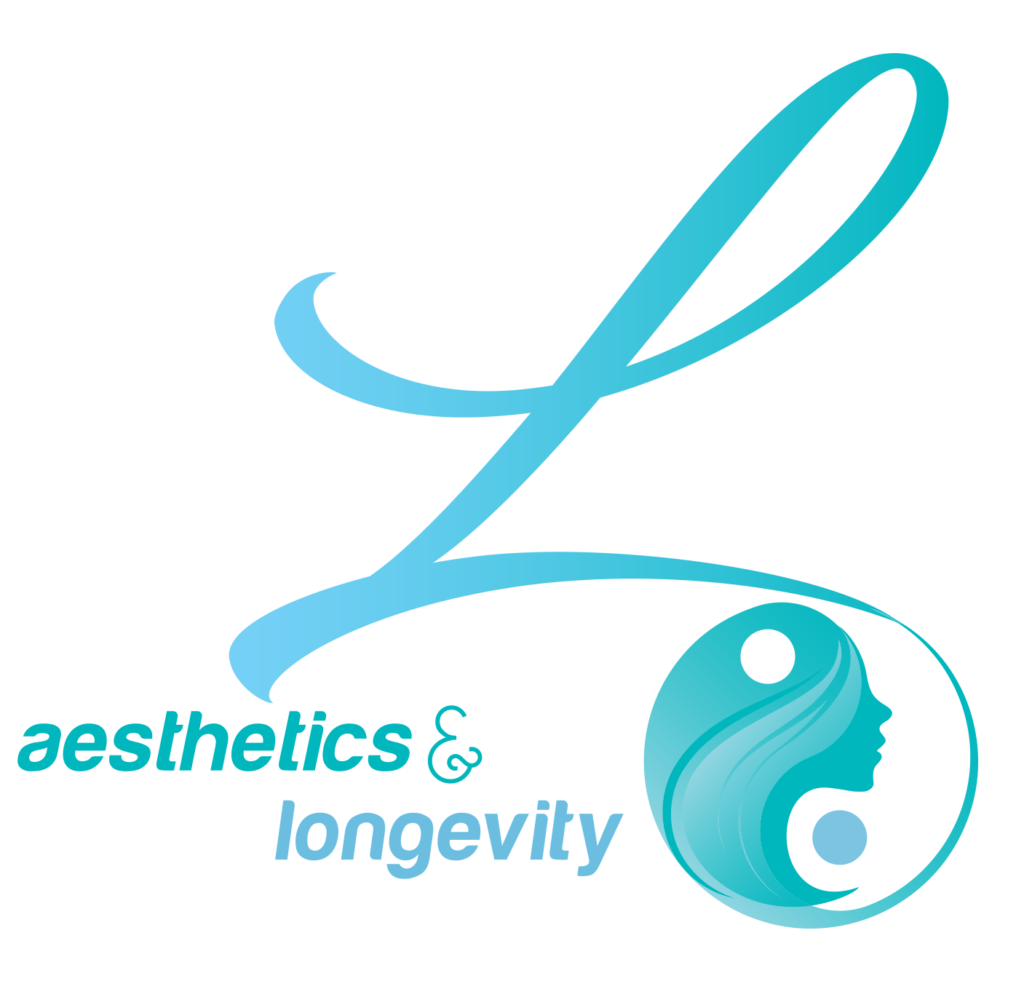As women transition through perimenopause and menopause, they experience various changes in their bodies, including shifts in hormone levels that can impact collagen production. Collagen, a crucial protein responsible for maintaining skin elasticity, bone strength, and joint health, undergoes alterations during this phase of life. Understanding how collagen production is affected during perimenopause and menopause is essential for maintaining overall health and well-being.
Perimenopause and Menopause Stage
Perimenopause marks the transitional phase leading up to menopause when a woman’s ovaries gradually produce less estrogen. Menopause, on the other hand, occurs when a woman has not had a menstrual period for 12 consecutive months. During these stages, hormonal fluctuations, particularly decreased estrogen levels, play a significant role in various physiological changes, including collagen production.
Its impact on Collagen Production
Estrogen plays a crucial role in collagen synthesis by stimulating fibroblasts, the cells responsible for producing collagen. As estrogen levels decline during perimenopause and menopause, the body’s ability to produce collagen decreases. This decline in collagen production can lead to visible signs of aging, such as wrinkles, sagging skin, and decreased skin elasticity.
Skin Changes
One of the most noticeable effects of reduced collagen production is changes in skin appearance and texture. As collagen levels decrease, skin becomes thinner, drier, and more prone to wrinkles and fine lines. Loss of collagen also contributes to a loss of firmness and elasticity, resulting in sagging skin and the formation of jowls.
Bone and Joint Health
Collagen is not only essential for maintaining skin health but also plays a vital role in bone strength and joint function. Decreased collagen production during perimenopause and menopause can contribute to bone loss, increasing the risk of osteoporosis and fractures. Additionally, reduced collagen levels can lead to joint stiffness, pain, and decreased mobility.
Ways to Maintain Collagen Level
1. Healthy Diet
Consuming a diet rich in collagen-boosting nutrients, such as vitamin C, zinc, and amino acids, can support collagen production. Foods like citrus fruits, berries, leafy greens, lean proteins, and bone broth can be beneficial.
2. Supplements
Collagen supplements are available in various forms, including powders, capsules, and liquids. These supplements provide additional collagen peptides that can help support skin elasticity and joint health.
3. Topical Treatments
Using skincare products containing ingredients like retinoids, peptides, and antioxidants can help stimulate collagen production and improve skin texture and appearance.
4. Improving Lifestyle
Avoiding smoking, excessive sun exposure, and maintaining a healthy lifestyle that includes regular exercise and adequate sleep can also support collagen production and overall well-being.
Conclusion
Perimenopause and menopause are natural stages of life that bring about hormonal changes impacting collagen production. Understanding how these changes affect collagen levels can help women take proactive steps to support their skin, bone, and joint health during this transitional phase. By adopting a holistic approach that includes a healthy diet, lifestyle modifications, and targeted skincare interventions, women can navigate perimenopause and menopause with grace and maintain optimal collagen levels for overall health and well-being.
